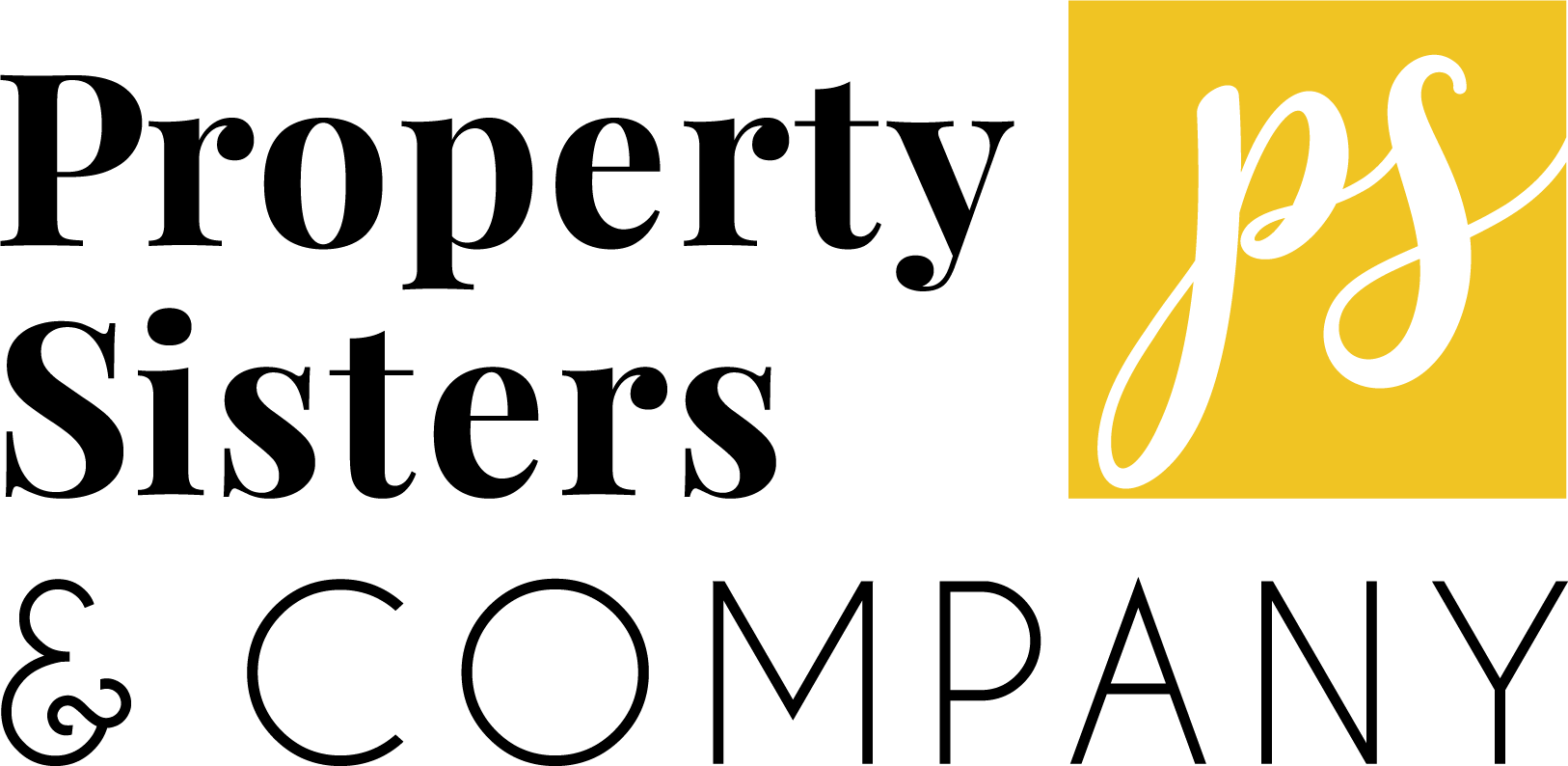Real Estate vs. Stocks in Canada: Which Builds Wealth Faster in 2025?
Introduction: The Age-Old Wealth-Building Question
For Canadian investors, the question remains constant: should I invest in real estate or the stock market? Both assets have built enormous wealth for thousands of Canadians, yet they operate on fundamentally different principles. One offers tangible control and leverage; the other provides liquidity and potential higher returns. One requires active management; the other can be entirely passive.
The answer isn't simple because both investments can build wealth—just differently. However, understanding how each performs, their risk profiles, and how they fit your financial goals helps you make an informed decision about where to allocate your investment capital in 2025.
Historical Returns: The Numbers Comparison
Stock Market Performance in Canada
The S&P/TSX Composite Index, which represents the Toronto Stock Exchange, has delivered compelling longterm returns. Over the past 34 years through May 2024, the TSX achieved an average annualized return of
7.9%, factoring in both capital appreciation and reinvested dividends.
Looking at more recent performance, the S&P/TSX Composite Index returned 16.75% over the past year through May 2025 and 3.53% year-to-date through May 2025. For comparison, the U.S. stock market through the S&P 500 returned 11.91% over the past year in Canadian dollar terms.
Over a 25-year period from 1996 to 2020, the S&P/TSX Composite Total Return Index showed an 8.0% average annual rate of return. If an investor had placed $300,000 in the market over that 25-year period without any leverage, they would have ended up with $2,037,735.
Real Estate Performance in Canada
Real estate in Canada has also demonstrated impressive long-term appreciation. Between 1990 and 2023, the national average home price climbed from $120,200 to $827,100—an average annual growth rate of 6.3%.
Breaking this down by period:
- 1990-2007: Real estate boomed with 8.5% average annual growth
- 2008-2023: Even during economic uncertainty, prices grew 4.8% annually
- 2023-2025: A modest dip with CREA reporting a 2.5% decrease in Toronto between March 2023 and March 2025
From 1996 to 2020, the Canadian national average rate of return for real estate investment was 5.7%. Using the same $300,000 investment over 25 years without leverage, a real estate investor would have ended up with $1,195,888.
Over the past seven years, the average Canadian home price has doubled with a compound annual growth rate (CAGR) of approximately 8.8%.
The Verdict on Returns
On a purely historical returns basis, the stock market has outperformed real estate when compared to national averages. However, this comparison becomes more nuanced when leverage is factored in—a significant advantage for real estate investors.
Leverage: Real Estate's Hidden Advantage
One of the most powerful wealth-building tools available to Canadian real estate investors is leverage through mortgages.
How Leverage Magnifies Returns
Consider this example: You purchase a $350,000 property with a 10% down payment ($35,000). If the property appreciates 20% ($70,000), your investment return is 200%—not 20%. This is the power of leverage.
Here's how it works: If the house value increases by $60,000 and you sell, you'll make a $30,000 profit even though the house only went up 20% in value. Your return on investment is 100%—that's leverage in action.
Banks are willing to lend substantial capital for real estate at relatively favorable rates. Mortgage debt in Canada reached nearly $1.44 trillion, reflecting the widespread use of this leverage strategy. When your mortgage interest rate (say 3.5%) is lower than your property appreciation rate (4-6%), you're profiting on both the price increase and the capital borrowed.
Leverage in Stock Investing
While you can use margin to leverage stock investments, the process is less accessible. Banks typically lend smaller amounts at higher rates for stock purchases compared to mortgages. This makes real estate leverage significantly more powerful for most Canadian investors.
Risk Comparison: Volatility & Stability
Stock Market Volatility
The stock market is inherently volatile. Prices fluctuate based on company performance, economic indicators, and global events. During the 2008 financial crisis, the TSX plummeted nearly 40%. More recently, on March 10, 2025, the S&P 500 experienced an 8.6% drop in a single day, wiping out trillions in market value.
However, historically, markets trend upward over long periods, rewarding investors who remain invested through volatility.
Real Estate Stability
Real estate typically experiences more gradual value changes than stocks. Property values don't swing up and down as wildly as stocks, especially in areas with strong demand. Between 2008 and 2023, when the stock market crashed, real estate continued appreciating at 4.8% annually—demonstrating its resilience during economic downturns.
This stability comes with a trade-off: real estate is less liquid than stocks. You cannot sell a property overnight the way you can liquidate stock positions.
Liquidity: Speed of Converting to Cash
Stock Market Liquidity
One of stocks' greatest advantages is liquidity. You can buy or sell shares within minutes, converting your investment to cash almost immediately. This flexibility is invaluable if you need capital quickly or want to rebalance your portfolio.
Real Estate Liquidity
Selling real estate takes weeks to months and involves significant transaction costs—typically 5-6% of the sale price for realtor commissions and legal fees. If you need to access capital quickly, real estate is not your answer.
Income Generation: Dividends vs. Rental Income
Stock Dividends
Many stocks pay dividends, providing regular income. Over the 34-year period through May 2024, reinvested dividends significantly contributed to the TSX's 7.9% annualized return. These dividends can be reinvested automatically or withdrawn for living expenses.
Rental Income
Real estate investors generate income through tenants. Net rental income (rental revenue minus expenses) typically provides 2-3% additional returns annually beyond appreciation. With Canada's national vacancy rate at just 2.4%, rental income is stable and reliable for investors.
The advantage of rental income is control—you manage the asset, set the terms, and can increase rents with market conditions. However, you also bear responsibility for maintenance, repairs, tenant issues, and property management.
Tax Advantages & Deductions
Stock Investment Taxes
In Canada, capital gains from stock sales are taxed at 50% inclusion rate on profits above $250,000 (as of 2024). Dividend income faces different taxation depending on whether dividends are eligible. The tax treatment is relatively straightforward but still reduces net returns.
Real Estate Tax Benefits
- Real estate investors benefit from several tax advantages not available to stock investors:
- Mortgage interest deductions: You can deduct mortgage interest on investment properties
- Expense write-offs: Property taxes, insurance, repairs, maintenance, utilities, and property management fees are deductible
- Depreciation claims: Investors can claim capital cost allowance (CCA) on buildings
- Principal residence exemption: Your primary residence typically qualifies for capital gains exemption on sale
These deductions can significantly reduce your taxable income and boost overall returns.
Active vs. Passive Investment Requirements
Stock Investing Flexibility
Stock investing ranges from entirely passive (buy an index ETF and hold) to highly active (day trading individual stocks). For passive investors, setting up an automated investing plan requires minimal ongoing effort. Index funds and ETFs track the market with minimal management.
Real Estate Management Demands
Real estate requires ongoing management. Whether you own directly or use a property management company, responsibilities include:
- Tenant screening and relations
- Maintenance and repairs
- Property management (if outsourcing)
- Bookkeeping and tax compliance
- Insurance and legal issues
These demands translate to either time investment or fees that reduce returns.
Accessibility & Starting Capital
Stock Market Entry
Starting stock investing can require minimal capital. You can begin with $100 or less in many index funds or ETFs. Automated investment plans enable regular contributions, making wealth building accessible to virtually anyone.
Real Estate Entry
Real estate has a higher barrier to entry. While Canadian mortgages require as little as 5% down, purchasing a $500,000 property still requires $25,000 upfront, plus closing costs of 1.5-4%.
However, real estate's perceived accessibility stems from its tangibility. Most people understand property ownership, making it less intimidating than stock market investing for some.
Market Conditions in 2025: Which Should You Choose?
When Real Estate Makes Sense
Consider real estate investment in 2025 if:
- You have capital for a down payment and qualify for a mortgage
- You want leverage to magnify returns
- You can handle active property management or afford to outsource it
- You prioritize stability over short-term liquidity
- You want to benefit from tax deductions and real estate-specific advantages
- You're comfortable with a 10+ year investment timeline
When Stocks Make Sense
Consider stock investing in 2025 if:
- You want immediate liquidity and flexibility
- You prefer passive investing with minimal active management
- You have irregular income and want to invest gradually
- You want broad diversification across sectors and companies
- You're uncomfortable with real estate market risks or management demands
- You want simplicity and lower transaction costs
The Optimal Strategy: Combining Both
The data suggests neither investment is universally superior. Instead, the wealth-building approach that works best for most Canadian investors involves both real estate and stocks.
A diversified portfolio might include:
- Primary residence or investment property providing leverage, rental income, and tax benefits
- Index funds or ETFs providing passive returns, liquidity, and diversification
- Individual stocks or REITs for real estate exposure without active management
This combination captures the advantages of both: real estate's leverage and tangibility alongside stocks' liquidity and ease of management.
Real Estate Investment Trusts (REITs): A Middle Ground
For investors seeking real estate exposure without direct property ownership, REITs offer an alternative. REITs allow you to invest in commercial, residential, or industrial properties like you would stocks, with high dividend payouts and liquidity.
Benefits of REITs include lower entry barriers, no property management responsibilities, instant liquidity, and diversification across multiple properties. However, REITs lack the leverage advantage of direct property ownership and face different tax treatment than individual real estate investments.
Conclusion: Both Build Wealth, Differently
The question "Which builds wealth faster—real estate or stocks?" has no single answer because both have built substantial wealth for Canadian investors.
Stocks historically delivered slightly higher returns (7.9% vs. 5.7% nationally), but real estate's leverage potential can dramatically amplify those returns when mortgage rates are lower than appreciation rates. Stocks offer liquidity, passive investing options, and simplicity; real estate provides control, tax benefits, rental income, and stability.
In 2025, both markets offer genuine opportunities. The stock market has recovered and delivered strong returns, while Canadian real estate remains relatively affordable in secondary markets with steady appreciation expected.
Rather than choosing one over the other, the wealth-building strategy that serves most Canadians best incorporates both. A primary residence provides leverage and tax benefits; a diversified stock portfolio provides liquidity and passive growth; and potentially, a rental property or REIT rounds out a balanced wealth-building approach.
The best investment for you depends on your timeline, risk tolerance, capital availability, and willingness to actively manage assets. Both paths lead to wealth—choose the one that aligns with your circumstances and financial goals.
Selling Your Home?
Get your home's value - our custom reports include accurate and up to date information.




